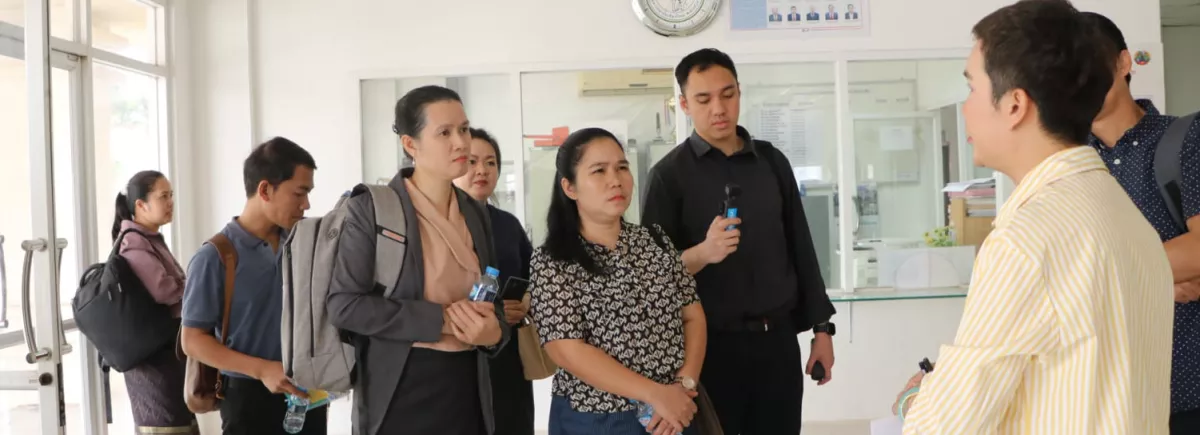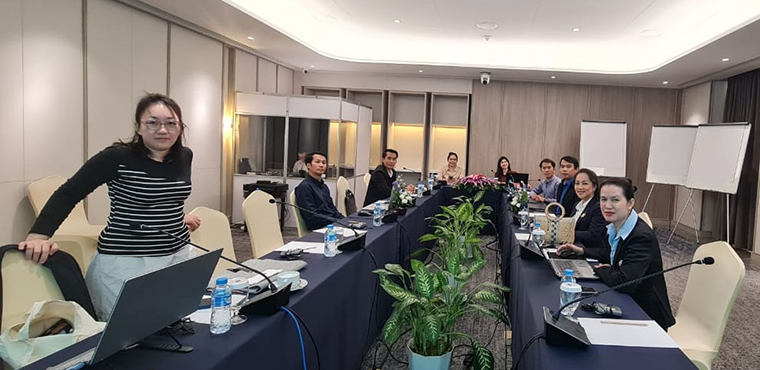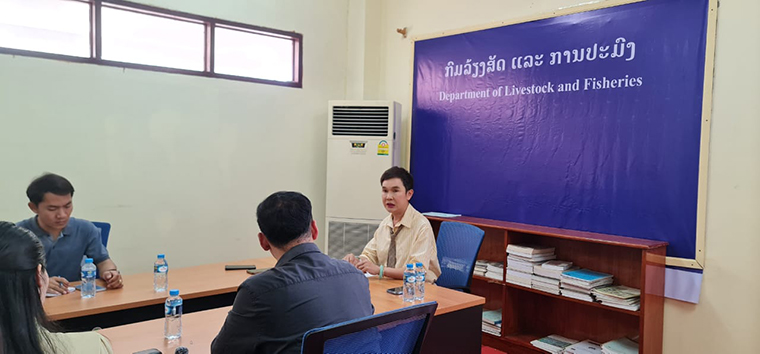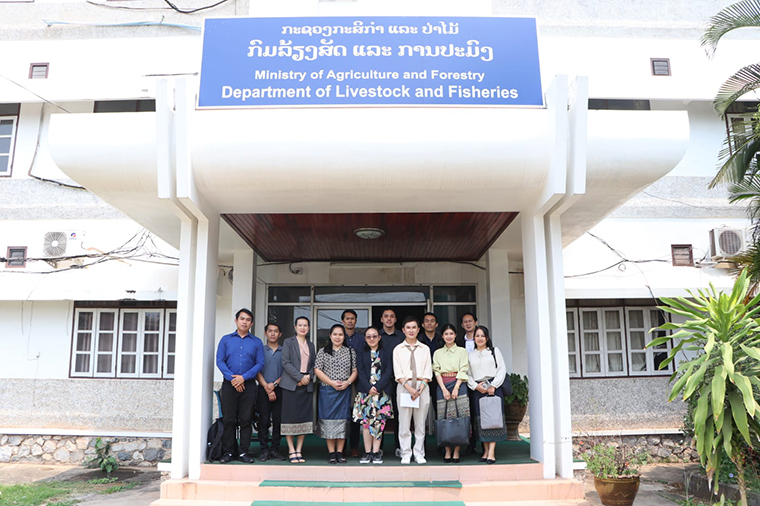
Eleven journalists and representatives from the Lao Ministry of Information trained in combating misinformation in Vientiane
Related project
Media for One healthFrom March 24 to 28, 2025, eleven journalists and officials from the Lao Ministry of Information participated in a training program in Vientiane aimed at enhancing their fact-checking skills.
The primary goal was to equip them with effective methods and tools to identify and counter misinformation, particularly in the fields of health and the environment. This workshop was part of a broader initiative to train media professionals in sourcing and verifying medical and environmental information.

The training covered several essential aspects of fact-checking. Initially, participants were introduced to the ethical foundations of verification journalism, followed by an exploration of various forms of misinformation. They learned to analyze media content using appropriate methodologies. Practical workshops allowed them to identify false information through real-life examples and develop critical reading skills regarding medical and environmental topics.
Digital tools played a crucial role in the learning process. The group received training on platforms such as Google Lens, InVid, and Fact-Check Explorer to verify the authenticity of images and videos.
Additionally, a session focused on ethical risks and online safety raised awareness about the dangers of digital harassment and best practices for protecting their data.

Staying true to the project's approach, this week combined media activities with meetings involving institutions and scientists advocating for the "One Health" concept in Laos. The group had an initial meeting with Dr. Watthana Theppangna, Deputy Director of the National Animal Health Laboratory and Wildlife focal point for the World Organisation for Animal Health (OIE). This meeting provided insights into the "One Health" initiatives of the Department of Livestock and Fisheries, which is linked to the Ministry of Agriculture and Forestry, focusing on animal welfare.
Additionally, the group participated in a workshop organized by the Asia-Pacific Centre for Animal Health at the University of Melbourne, addressing antibiotic resistance and its implications for animal health, aquaculture, and the environment in Southeast Asia. The discussions held during this week helped contextualize their learnings with the misinformation challenges faced by professionals in the field.

To ensure a practical experience, the training concluded with a journalism production workshop, where participants wrote articles and created fact-checking content tailored to their audiences. A collective reflection allowed them to develop strategies for incorporating these new practices into their respective newsrooms.
As a result of this training, the journalists are now better equipped to combat the spread of false information and to promote rigorous and reliable journalism in Laos.


